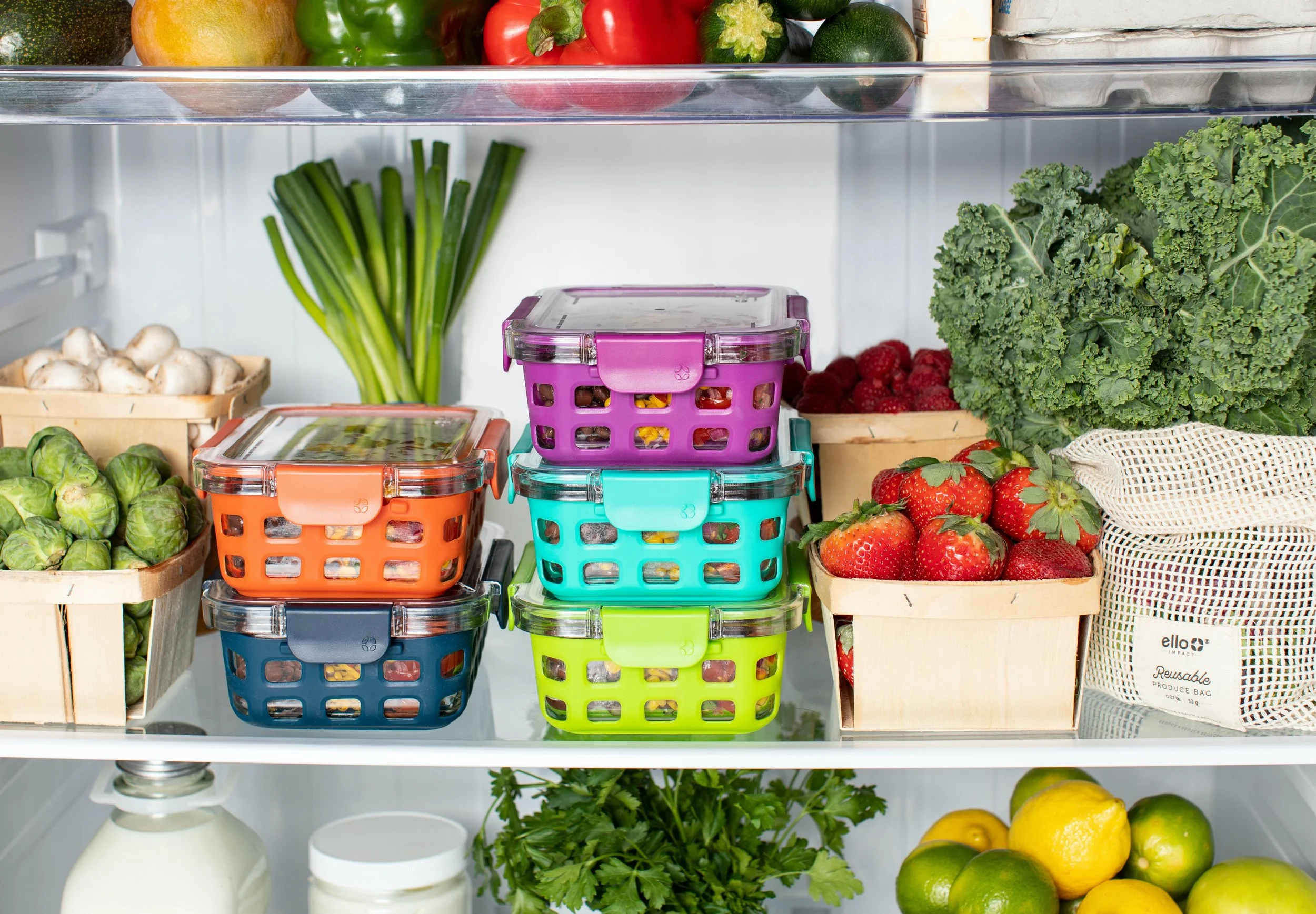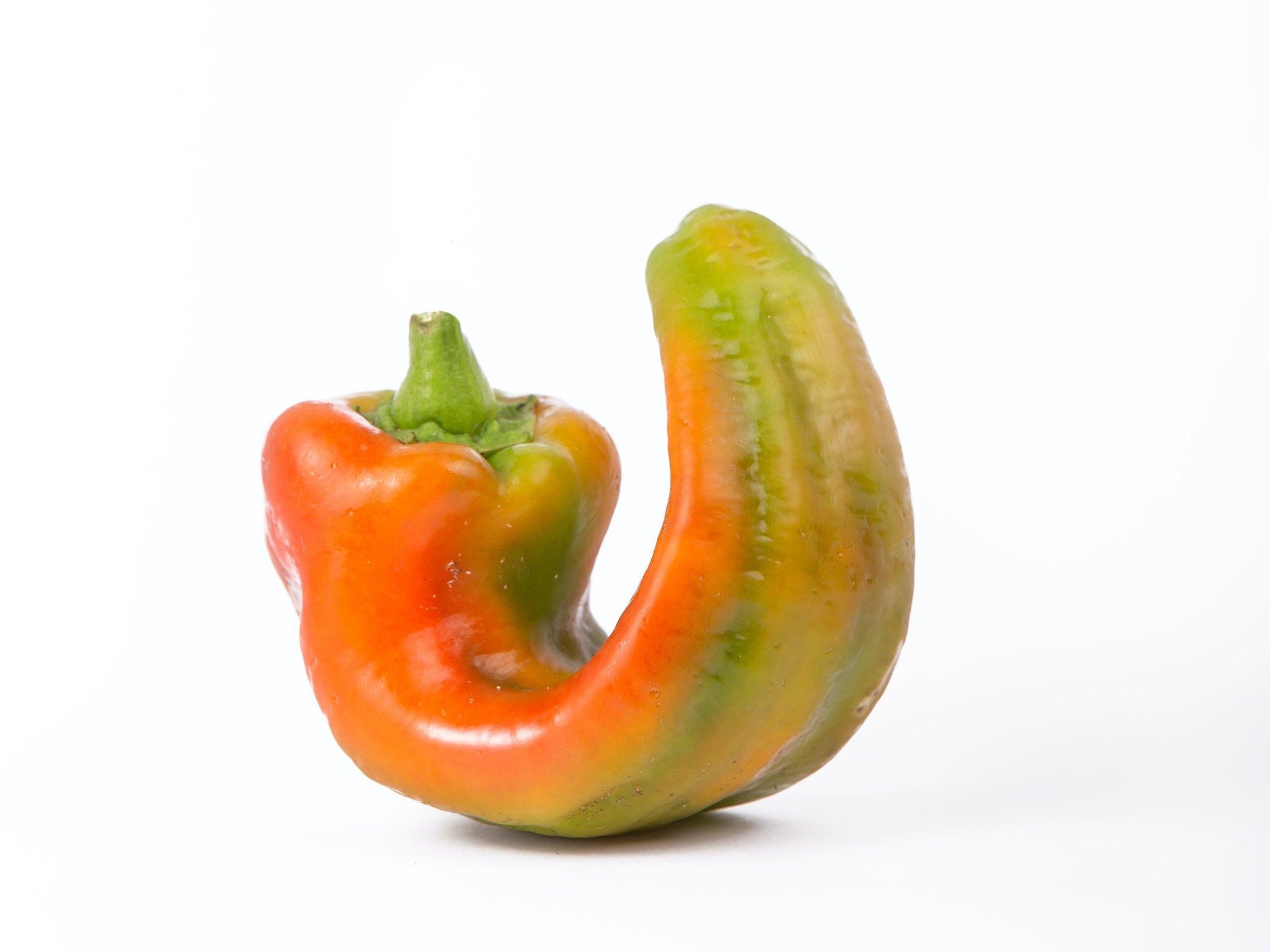Nutrition-savvy strategies to reduce food waste and optimise health
Written by Michelle Lau, founder and principal nutritionist at Nutrilicious, a nutrition consultancy & communications company.
Nutrition, health, and food waste are interconnected aspects that significantly impact the well-being of individuals and communities. The choices we make on our food consumption have far-reaching consequences, not only for our personal health but also for the health of our communities and the environment. Food waste is a global challenge with profound nutritional implications. When we discard edible food, we squander not only valuable resources but also the potential to alleviate hunger and malnutrition. According to the Food and Agriculture Organization (FAO), approximately one-third of all food produced for human consumption is wasted each year. Fruits, vegetables, dairy products, and grains are often discarded, despite their significant contributions to a balanced diet. This food waste deprives individuals of essential vitamins, minerals, and dietary fibre that are crucial for overall health and disease.
Reducing food waste is not only beneficial for the environment but also for our wallets and overall sustainability. By making conscious choices and adopting smart practices, we can minimise food waste whilst eating healthily. Here are some “nutrilicious” tips to help you reduce food waste:
1. Plan Your Meals
Meal planning allows you to make intentional choices about the foods you consume, ensuring a well-balanced and nutritious diet. When planning meals, aim to include a variety of fruits, vegetables, whole grains, lean proteins, and healthy fats. Consider incorporating different colors and textures to maximise nutrient diversity. Additionally, plan for appropriate portion sizes to avoid overeating and food waste.
2. Proper Storage
Proper storage of food helps preserve its nutritional content. Storing fruits and vegetables in the refrigerator can help retain their vitamins and minerals. Try keeping leafy greens in airtight containers with paper towels to absorb moisture. Avoid storing highly perishable foods near the refrigerator door, as temperature fluctuations can affect their quality and nutrient value.
3. Utilize Leftovers
Leftovers can be transformed into nutritious meals with a bit of creativity. When repurposing leftovers, aim to include a variety of food groups to ensure a balanced meal. Why not try to combine leftover grilled chicken with a colourful assortment of vegetables for a wholesome stir-fry/salads, or sandwiches.
4. Freeze Foods
Freezing foods can help preserve their nutritional value and extend their shelf life. To optimise nutrition, blanch vegetables before freezing to retain their colour, texture, and nutrient content. Consider freezing fruits for use in smoothies or as toppings for yogurt.
5. Embrace “Ugly” Produce
“Ugly” produce can be nutritionally equivalent to its visually appealing counterparts. Incorporating them into your meals supports sustainability and reduces food waste. Prioritise the consumption of fresh fruits and vegetables, aiming for a variety of colours to obtain a wide range of nutrients. Consider incorporating them into salads, soups, stir-fries, or smoothies.
6. Portion Control
Practicing portion control is key to maintaining a balanced diet and preventing both overeating and food waste. Use smaller plates and bowls to help control portion sizes. Fill half of your plate with vegetables, one-quarter with lean protein, and one-quarter with whole grains or starchy vegetables. Be mindful of portion sizes when eating out or ordering takeout by sharing meals or saving leftovers for later.
7. Composting
By composting food scraps, you contribute to the creation of nutrient-rich soil, which can be used for home gardening. Growing your fruits, vegetables, and herbs allows you to harvest fresh produce with optimal nutritional value, reducing the need for transportation and processing.
Remember, the choices we make have the power to nourish not only ourselves but also our communities and the planet. Let us embrace sustainable food practices, build resilient communities, and pave the way for a healthier, more sustainable future!
Contributor : Michelle Lau, Founder and Principal Nutritionist at Nutrilicious, nutrition consultancy & communications company.
IG: www.instragm.com/nutriliciousss
FB: www.facebook.com/nutriliciousss




